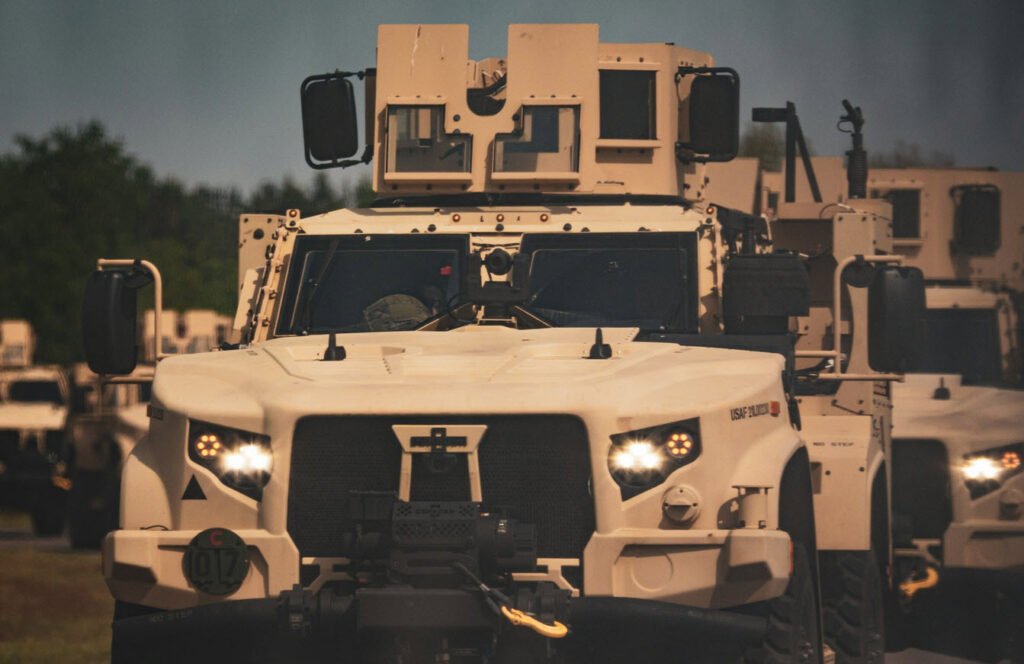As tensions in the Middle East continue to escalate—particularly amid the Iran and Palestine war—the United States remains a steadfast supporter of Israel. This support extends beyond diplomacy and financial aid to cutting-edge military technology, much of which remains shrouded in secrecy.
In 2024 alone, the U.S. invested $728 billion into military research and defense innovation. The result? A new generation of military technologies that are as astonishing as they are terrifying.
Here are 11 secret or lesser-known U.S. military technologies that are redefining modern warfare:
- The PHASR Laser
- Pulsar
- Iron Vision
- SCORPION
- RAILINK
- Yak Robot
- Agilite BuddyStrap
- Legion
- Black Hornet Nano Drone
- BANS
- Teledyne FLIR Rogue 1
1. The PHASR Laser
Originally designed as a non-lethal dazzler weapon, the PHASR (Personnel Halting and Stimulation Response) uses a low-intensity laser to temporarily disorient and blind enemy targets. Unlike conventional lasers, PHASR doesn’t burn or kill—it incapacitates, giving troops the upper hand without lethal force.
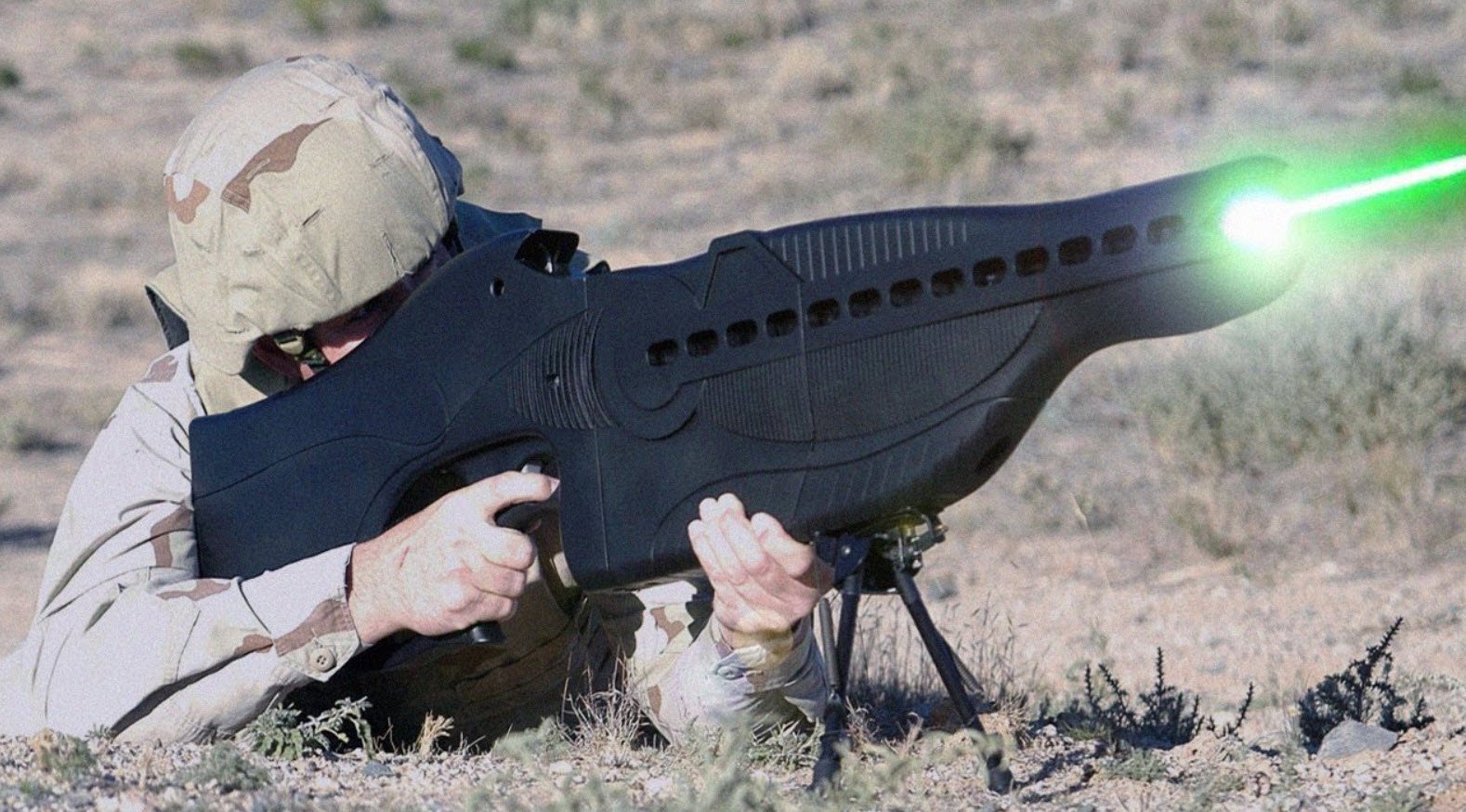
2. Pulsar – AI-Powered Electromagnetic Warfare
Pulsar represents the future of electromagnetic dominance. Powered by advanced artificial intelligence, this system can detect, analyze, and neutralize threats—such as enemy drones, radar systems, and electronic attacks—within minutes or even seconds. It’s a silent yet devastating tool of digital warfare.
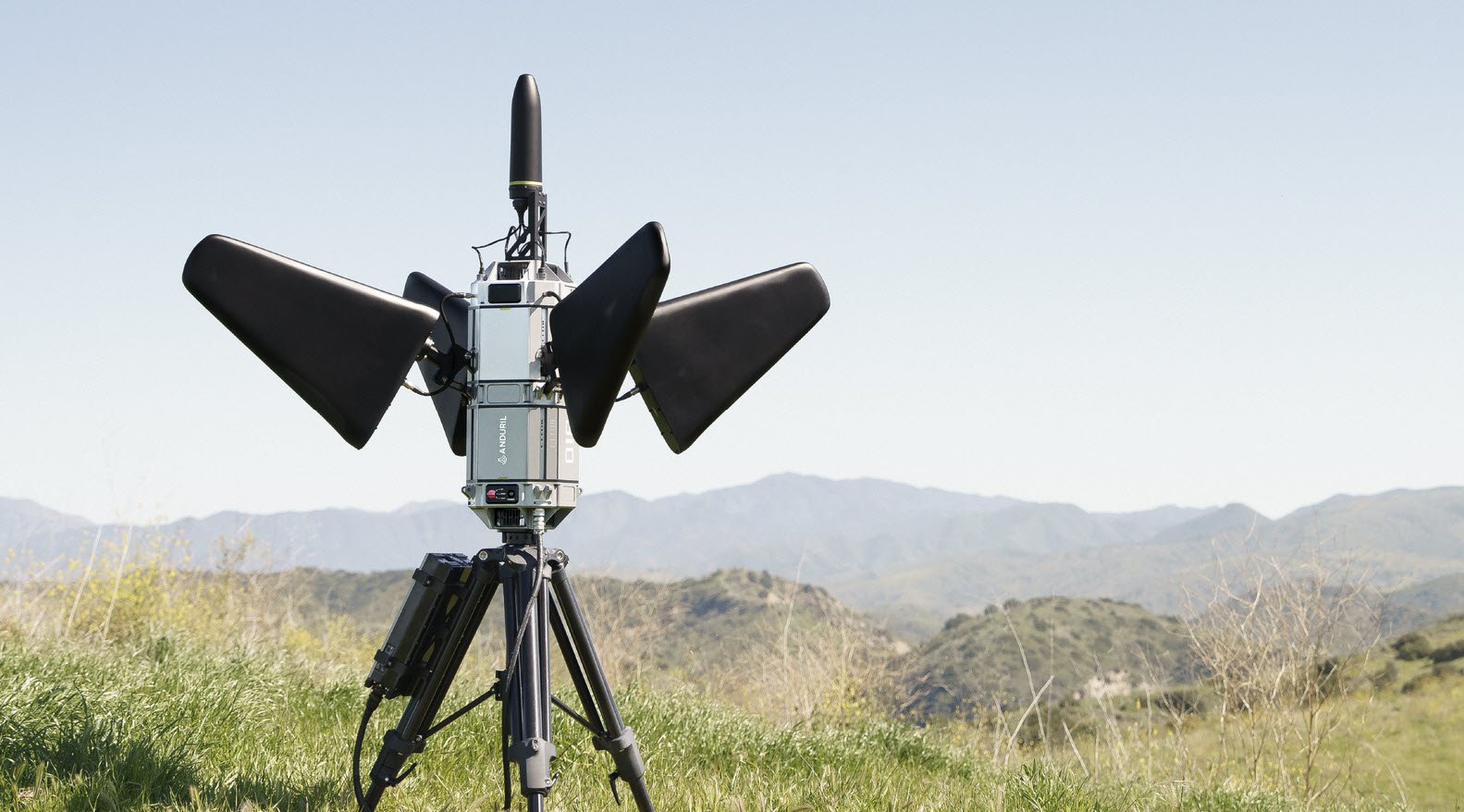
3. Iron Vision – Virtual Eyes for Tank Crews
Think Iron Man for tank commanders. Iron Vision is an augmented reality system that uses a special helmet to project a 360-degree view of the battlefield. Developed by Elbit Systems and supported by U.S. defense partners, this tech allows soldiers to “see through” armor, enhancing awareness and survival.
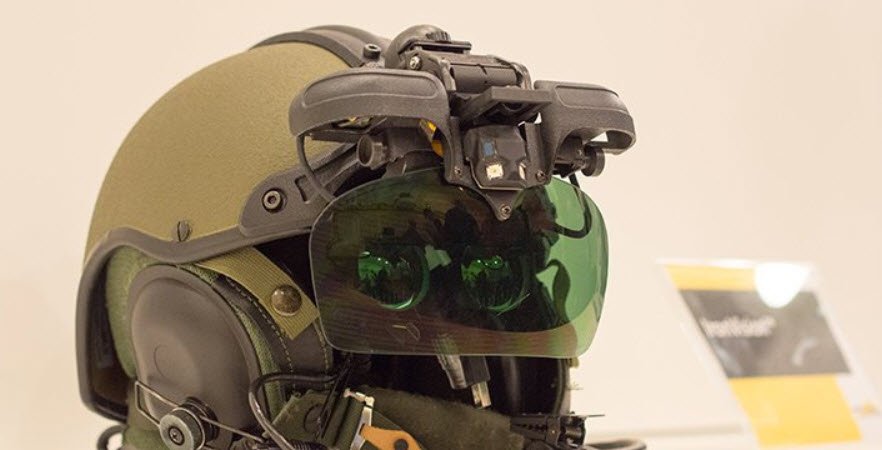
4. SCORPION – Fastest Mobile Mortar System
The SCORPION Mobile Mortar System is a battlefield game-changer. Fully digital and automated, it can fire eight 120mm rounds in under two minutes before moving out to avoid counterattacks. Its “Shoot & Scoot” capability makes it ideal for modern, mobile warfare.
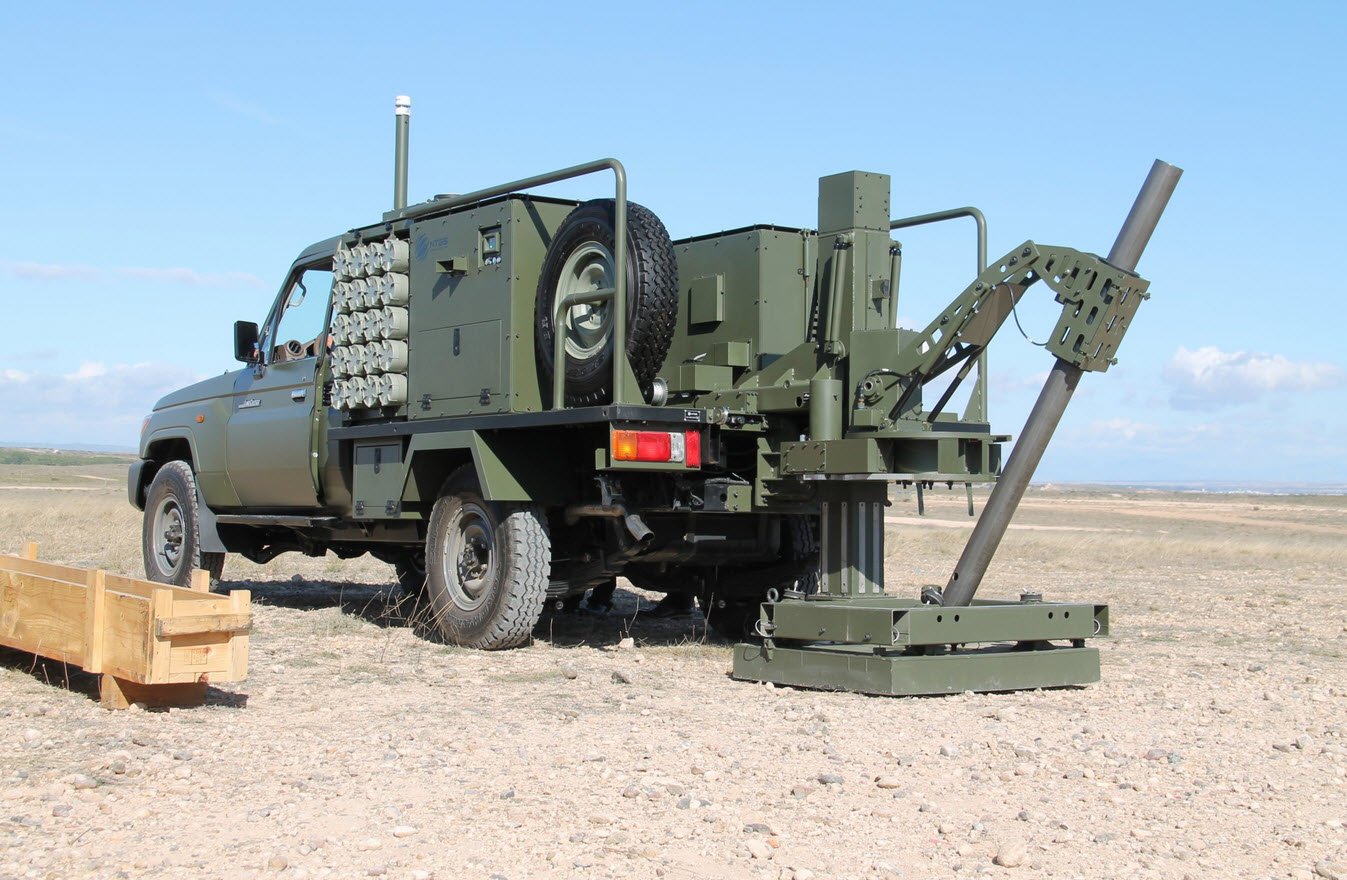
5. RAILINK – Smart Helmet Rail Power System
RAILINK revolutionizes how soldiers use wearable tech. This system integrates power and data into a single rail system mounted on a helmet. It allows for seamless connectivity between night vision, cameras, and communication tools—powered by one centralized source. Simplified. Efficient. Tactical.

6. Yak Robot – Load-Bearing Quadruped
While developed in China, the Yak Robot has inspired similar U.S. prototypes. It’s a four-legged, AI-driven transport bot capable of carrying up to 160 kg of cargo over rugged terrain. Useful in logistics, rescue missions, and combat supply drops, this bot mimics biological movement for better mobility.

7. Agilite BuddyStrap – Human Backpack Rescue Tool
The Agilite BuddyStrap is a lifesaver—literally. This wearable device allows a soldier to carry an injured comrade like a backpack, hands-free. Designed for fast battlefield extractions, it’s compact, simple, and lifesaving under fire.
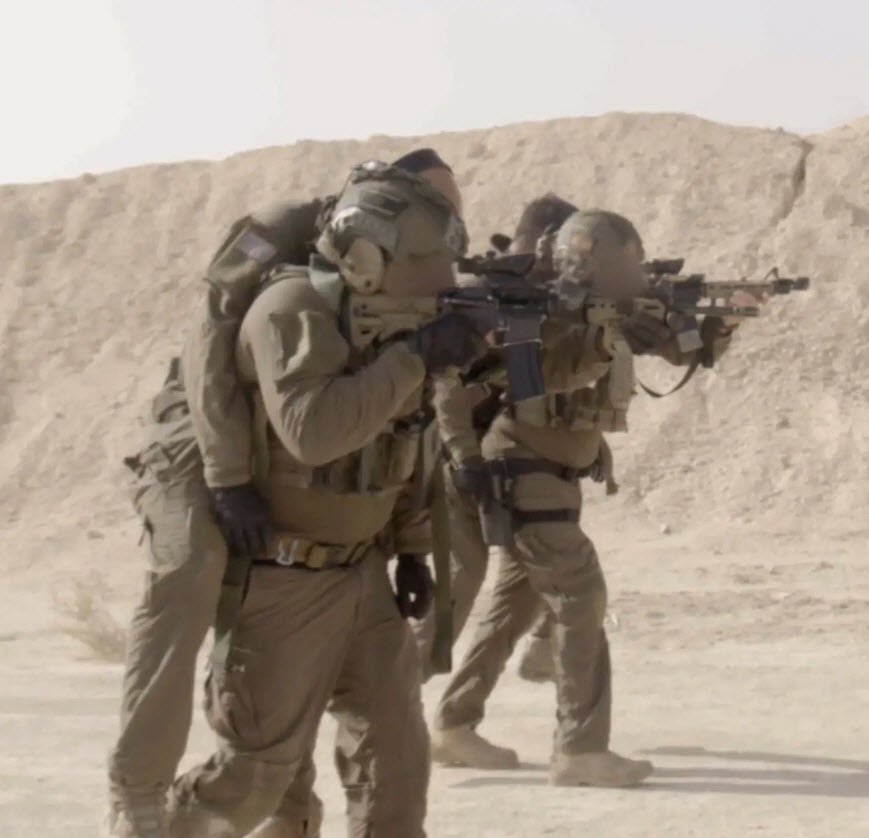
8. Legion – Non-Lethal Riot Control with Firepower
Mounted on riot shields or static defenses, the Legion Platform launches 18.5×45 mm rounds including irritant, flashbang, and blunt impact munitions. With its 12-shot clustered launcher, it’s a crowd-control device with military-grade deterrence.
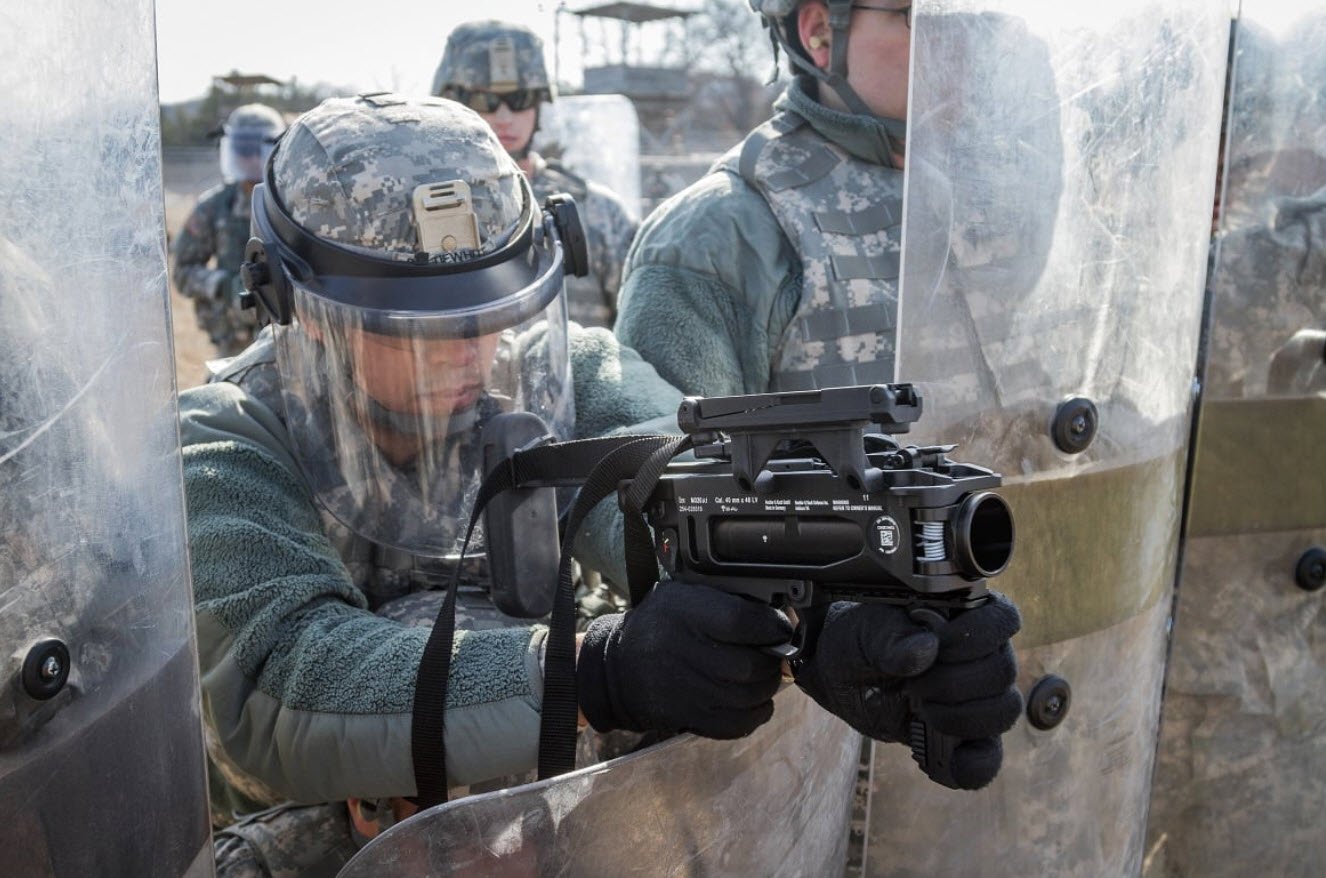
9. Black Hornet Nano Drone
At just 33 grams, the Black Hornet 3 is a marvel of miniaturization. Nearly silent and highly agile, it provides live visual and thermal video directly to troops on the ground. Used for recon in urban warfare or behind enemy lines, it’s like having an invisible eye in the sky.
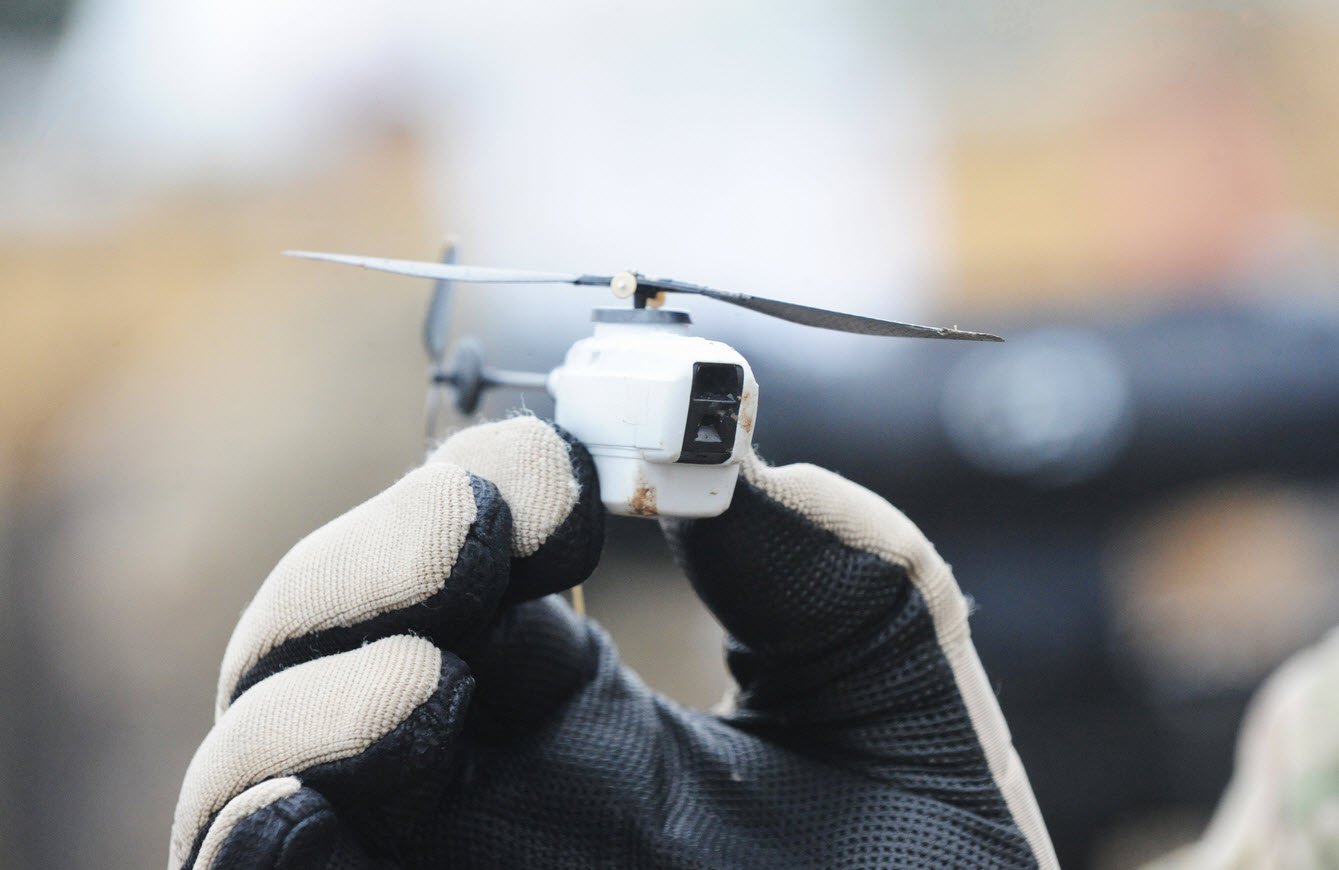
10. BANS – The Future of Aerial Defense Logic
The BANS system rethinks air defense. It’s designed to stimulate and confuse enemy aircraft by mimicking missile launch warning systems. As a result, enemy aircraft are forced into evasive maneuvers, wasting fuel, time, and potentially exposing themselves to real countermeasures.
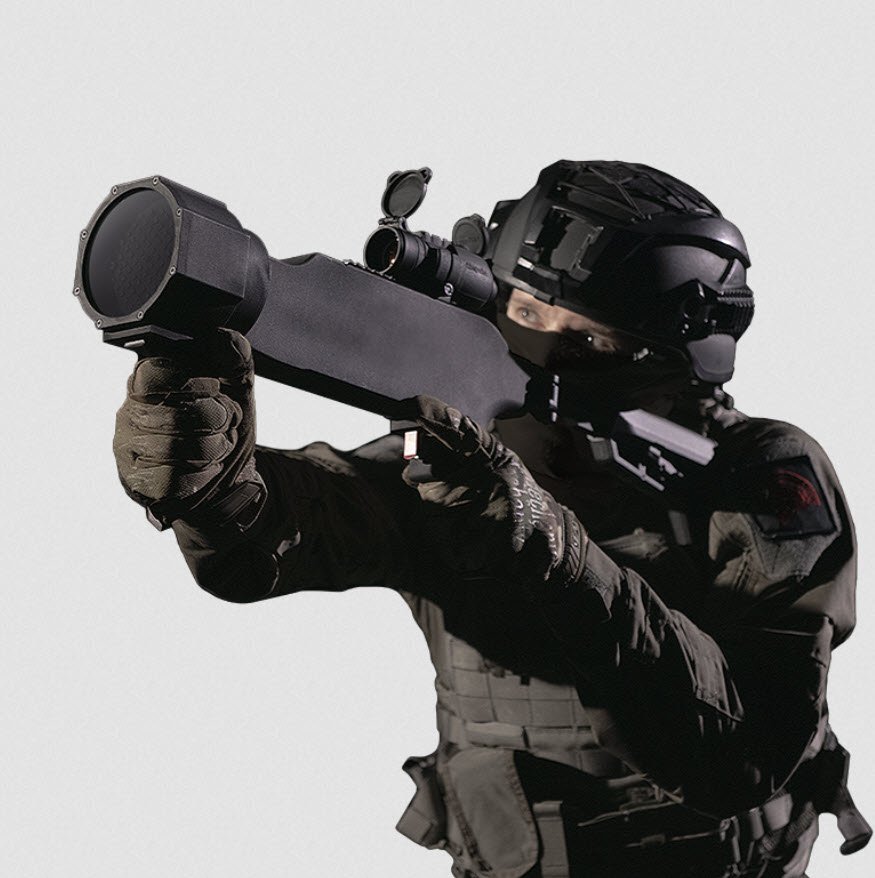
11. Teledyne FLIR Rogue 1 – Stealth VTOL Drone
Rogue 1 is a next-gen VTOL (Vertical Take-Off and Landing) drone developed for rapid deployment and precision strikes. With a 10 km range, 70+ mph speed, and the ability to loiter for 30 minutes, it’s perfect for surveillance or strike missions with minimal collateral damage.
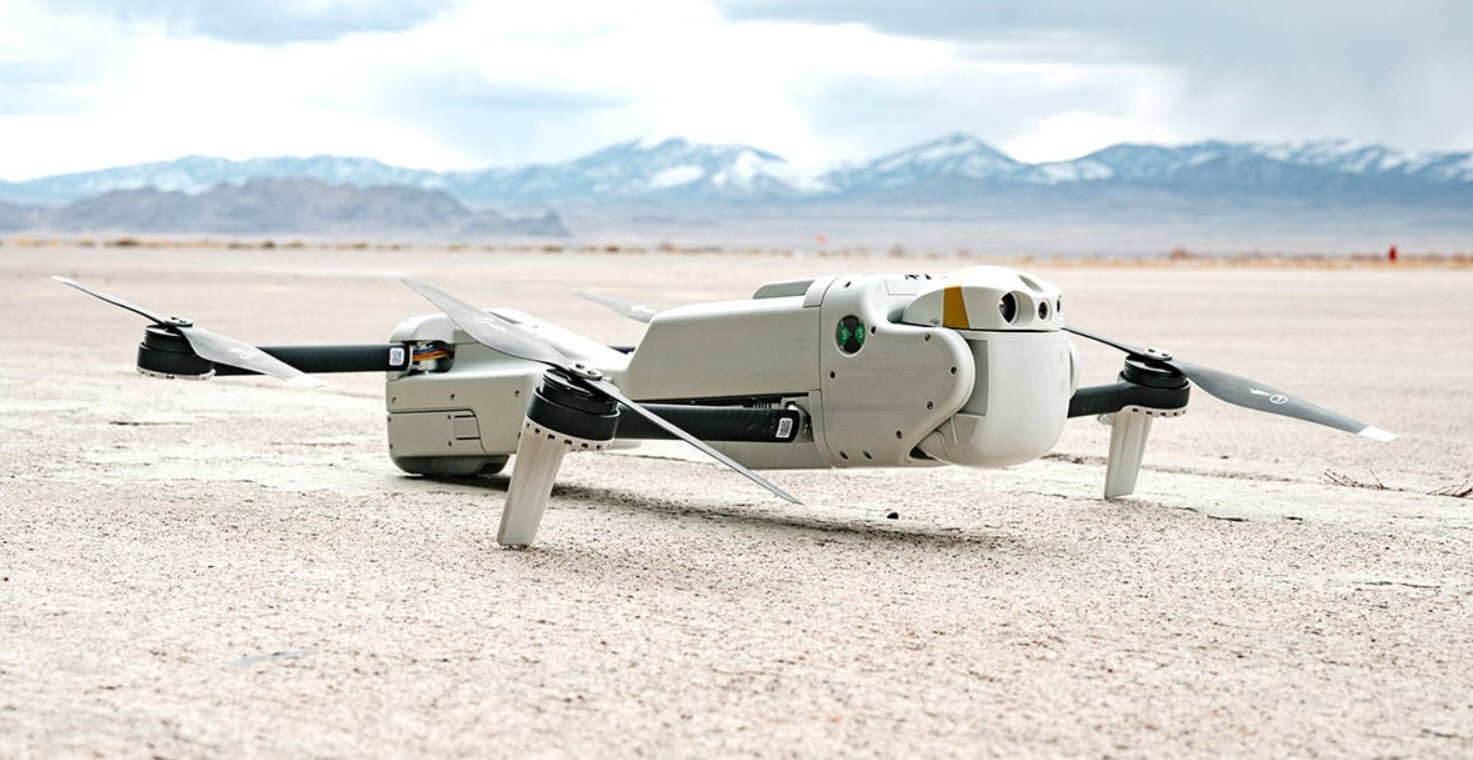
Conclusion
The modern battlefield is no longer defined solely by firepower but by intelligence, speed, and adaptability. These secret and advanced military technologies give the United States and its allies—including Israel—an edge that is both strategic and psychological. As global tensions simmer, these innovations could play a pivotal role in shaping future conflicts.
War has changed—and these technologies prove it.

